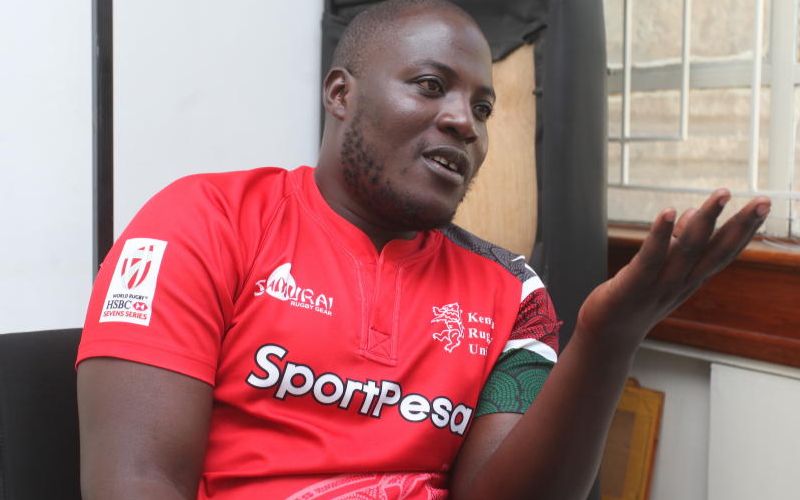×
The Standard e-Paper
Join Thousands Daily

For a boy who found himself living on the streets at the age of 11, Andrew Owinyi’s story is one of inspiration.
Born in Mumias 35 years ago, Andrew was an only child. He went to live with his grandmother after his parents separated.